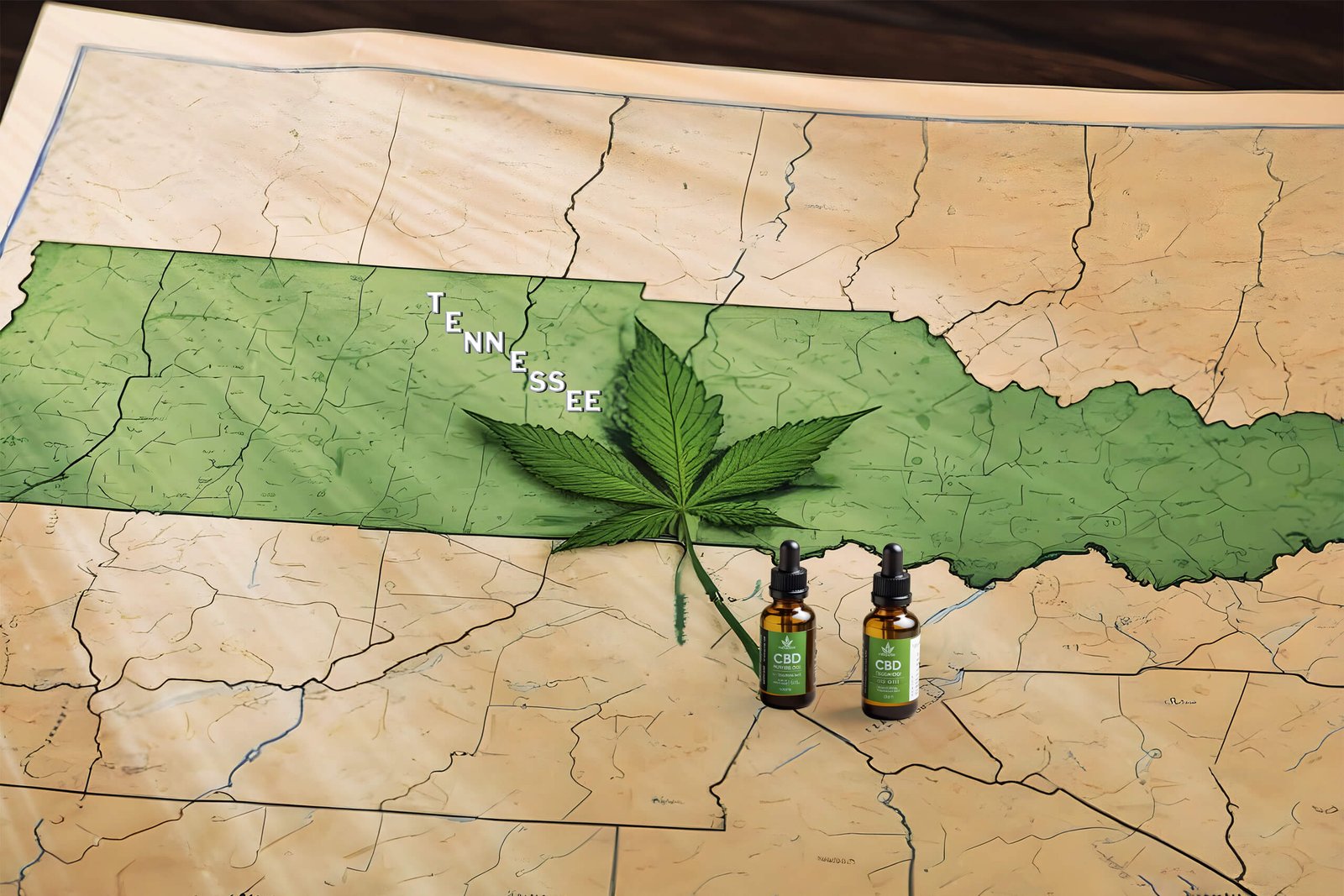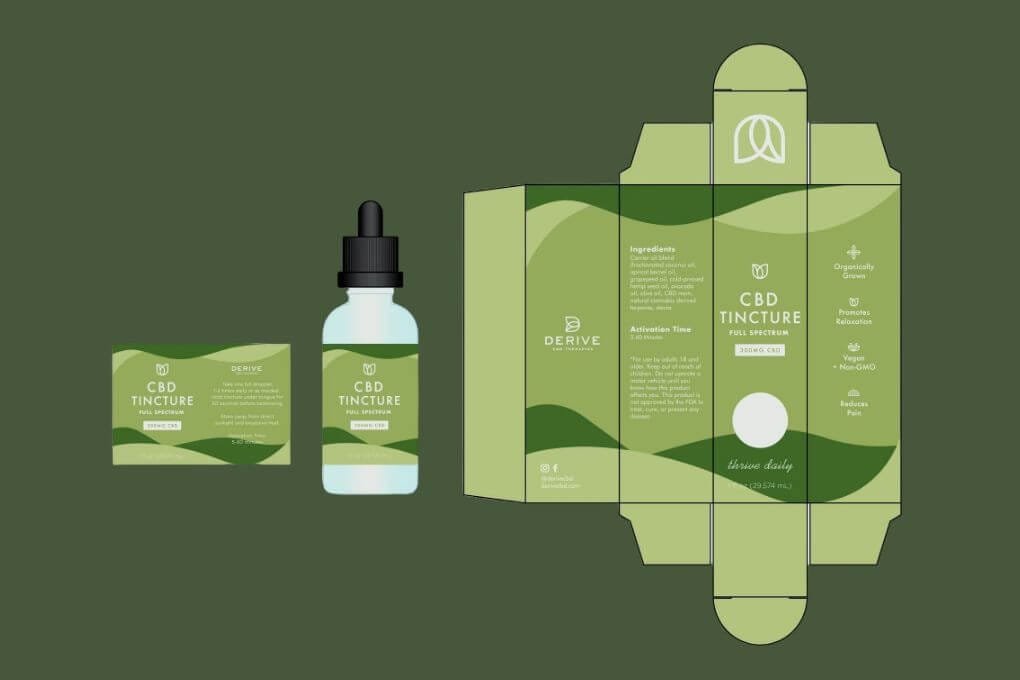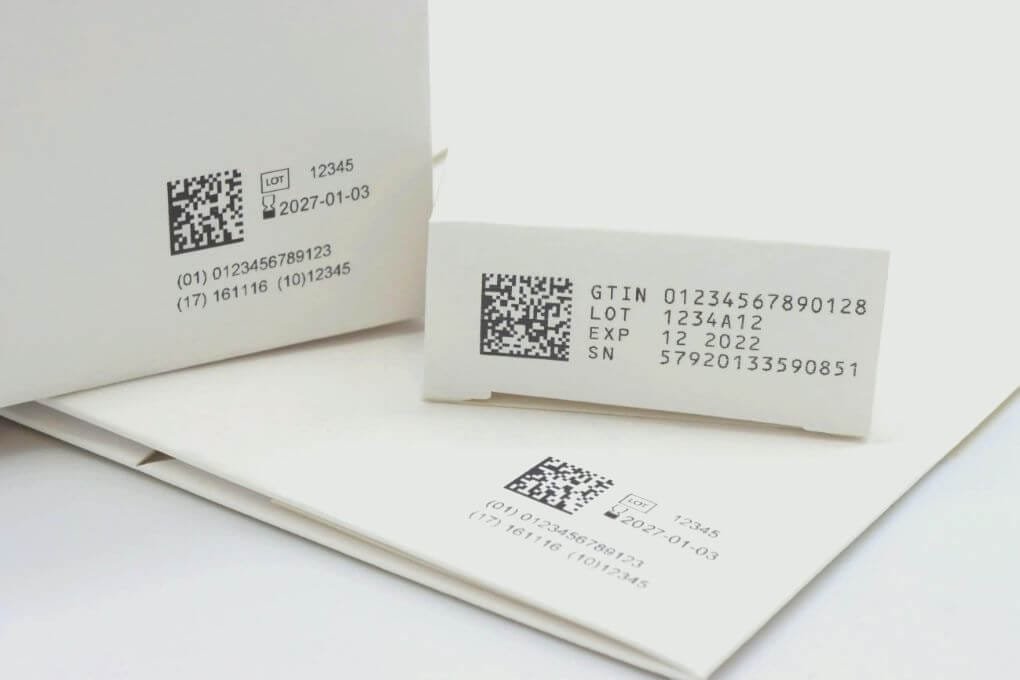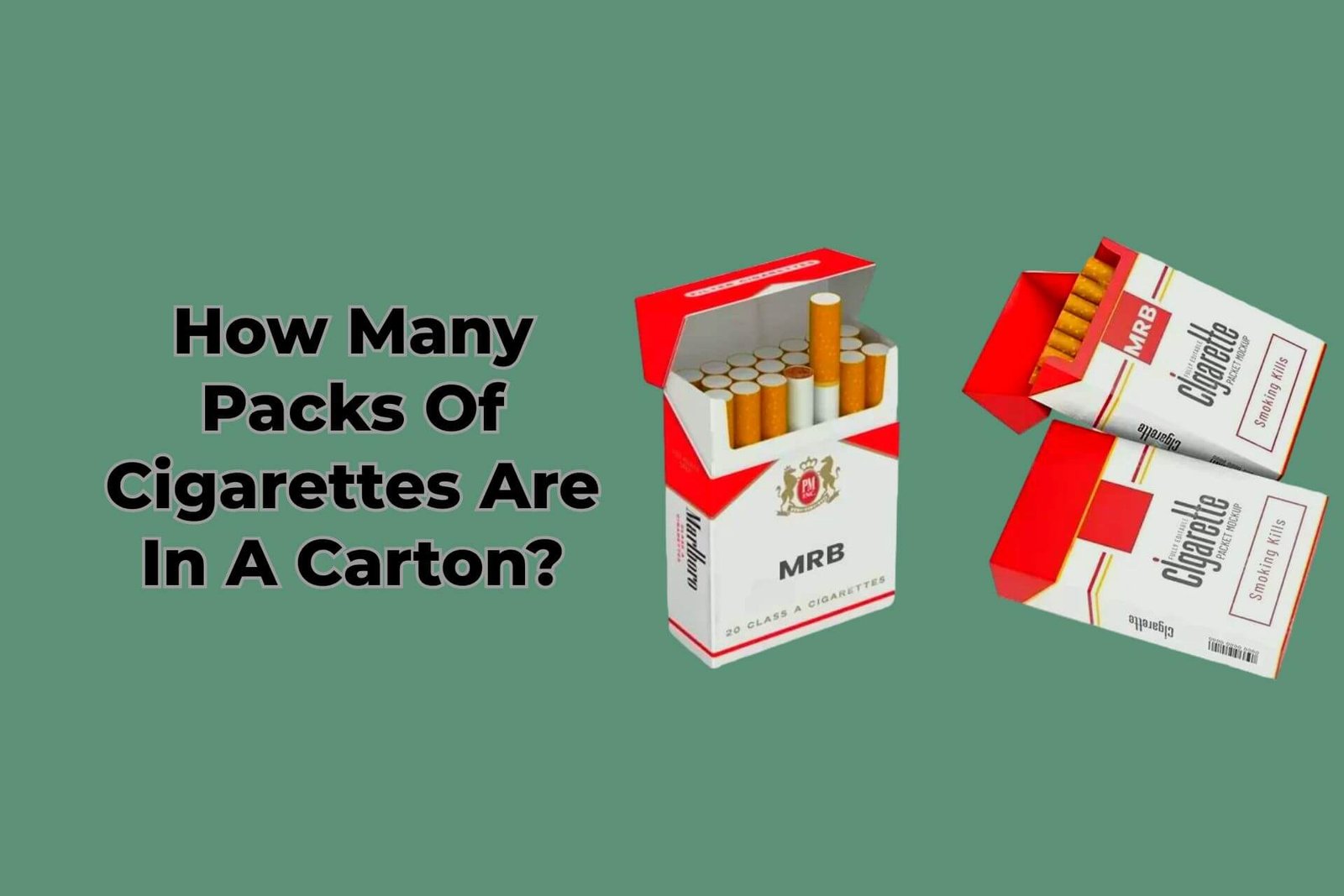Quick Summary: Yes, CBD is legal in Tennessee as long as it is derived from hemp and contains THC below 0.3%. After the age of 18, you can buy CBD gummies, capsules, oils, topicals, and inhalants, and after the age of 21, you can buy CBD inhalants.
Stay tuned if you live in Tennessee and want to know everything about CBD legality in Tennessee. This article is specially crafted for you.
This article will address all your queries, such as “ Is CBD Legal In Tennessee? “ How Much You Have To Be To Buy CBD In Tennessee? “ “ What Products CBD Can You Buy In Tennessee?” and many more things.
So, read our master guide on CBD legality to avoid any trouble in the future.
Is CBD Legal In Tennessee?
Yes, CBD is legal in Tennessee, but under some conditions, such as:
- CBD should be driven from hemp
- THC should be less than 0.3%
- Buyer should be more than 18 y/o
CBD Laws In Tennessee In 2024
After the release of the Farm Bill 2018, the difference between industrial hemp and marijuana is clear. residents of the Volunteer State are free to harvest, sell, and purchase CBD but under a few conditions that are mentioned below:
- Material
Only CBD products that are derived from hemp are allowed to be sold in Tennessee. The end product should contain less than 0.3% of THC on a dry weight basis.
- Concentration
CBD products are legal in Tennessee but under one condition the THC level of end cannabis product should be less than 0.3%. While purchasing a cannabis product in Tennessee you have to ensure that you are buying it from a legal vendor who has mentioned their testing protocols clearly on their packaging.
- Labeling Requirements
Farm Bill 2018 clearly states that the FDA has the complete right to oversee all the marketing efforts of the CBD company. Cannabis sellers are not allowed to market their products through advertisements. In addition, the FDA also prohibited cannabis sellers from advertising their cannabis products as a dietary supplement. If you are a new consumer of the cannabis product then you should always buy CBD products from a vendor that follows the Federal Food, Drug & Cosmetic Act (FD&C Act).
- Licensing
If you are a cannabis producer in Tennessee then you must obtain the licenses for the cultivation of hemp. This rule was clearly mentioned in the Farm Bill.
- Limits
There is no legal limit for carrying CBD products in Tennessee as long as the CBD weight limit matches with the federal limit.
CBD Legality History In Tennessee Volunteer States
2015: Tennessee allowed the cultivation of hemp as a pilot program after the farm bill.
2016: Tennessee signed Senate Bill 2125 which differentiates hemp and marijuana.
2017: Tennessee allowed the selling of hemp products under House Bill 1164.
2018: Tennessee signed the farm bill.
2020: USDA approved Tennessee’s hemp plan under the U.S. Domestic Hemp Production Program.
CBD Legality In Tennessee
The 2018 Farm Bill led to significant changes in Tennessee cannabis laws. In 2019, Senate Bill 1020, known as the “State Hemp Program,” went into effect and classified hemp as an agricultural commodity.
This bill removed hemp from the criminal definition of cannabis as long as it contains 0.3% or less THC.
Additionally, smokable marijuana was legalized for certified medical patients.
Can I Buy CBD In Tennessee?
Yes, you can buy CBD products in Tennessee as long as you are over 18, and for CBD inhalants, you must be over 21. Currently, no license is required for non-consumable CBD products like oils and topicals as long as they are packed in their original form.
Can I Buy CBD Products Online?
Yes, you can buy CBD products online in Tennessee. In fact, there are hundreds of online retail shops from which you can purchase CBD products as long as you are 18 years old.
Can I Buy CBD At A Dispensary?
Yes, you can purchase cannabis products from a dispensary. These dispensaries contain Hemp Food Establishment Permits, which they can also show you upon request. Remember, if you want to purchase CBD vape or any other inhalant, you must be 21 y/o.
CBD Products That You Can Buy In Tennessee
Several CBD products are legal to sell in Tennessee, such as:
- CBD Oils
- CBD Capsules
- CBD Gummies
- CBD Topicals
- CBD + THC Products
The Farm Bill 2018 And The Control Substance Act
There are two laws in the United States regarding CBD and hemp. Let’s discuss each law in detail to understand it better.
Farm Bill
The Agriculture Improvement Act of 2018 legalized the production and cultivation of industrial hemp. After that, the Farm Bill came, which also legalized hemp-derived CBD products with less than 0.3% THC. This law gave all the power to the states to make their own rules about CBD.
As soon as the law was implemented, we saw a sudden surge in CBD products like lotions, capsules, tinctures, oils, and more.
Controlled Substances Act
At First, President Nixson had made it illegal to produce and sell marijuana in the United States but the Joe Biden government has now made it legal again.
Now hundreds of marijuana products are available in the market that you can buy from your local dealer and dispensary.
FDA Oversight
The Food and Drug Administration monitors all hemp-derived CBD products available for consumer consumption. If you are starting your CBD dispensary, then you must know that currently, only two CBD products have been approved by the FDA.
- Epidiolex
- Epilepsy Medication
Remember that CBD products may contain different amounts of THC, and you must comply with legal regulations to avoid any penalties from the competitive authorities. In addition, there is a rule that each cannabis seller must follow: CBD sellers must mention their product on their packaging. This can be easily done with the help of custom CBD packaging and custom CBD labels.
Difference Between Marijuana & Hemp
Understanding the difference between marijuana and hemp helps you to know if CBD is legal in your state or not. If you are a beginner in cannabis production, then you must understand that hemp and marijuana have different cannabinoid profiles.
That is why both have a completely different effect on the human body. For your better understanding, let’s discuss hemp and marijuana in detail.
Hemp
Hemp has only a few traces of THC like it contains less than 0.3% THC. A cannabis strain with 0.4% THC or above is classified as marijuana.
After the farm bill that was released in 2018, 48 out of 50 states in the United States have legalized the cultivation and selling of cannabis products.
Marijuana
As previously mentioned, marijuana products have high levels of THC. If a substance contains 0.4% THC, it will have a high effect on its users, which is considered unsafe by authorities.
It is not harmful, but authorities do not like it to be used for recreational purposes. However, you can still use marijuana in different states if you have a medical marijuana card.
Is CBD Legal At The Federal Law?
The federal law of the US allows their citizens to cultivate hemp and make CBD products. But, under two conditions: cannabis sellers must mention their product on their packaging CBD should be derived from hemp, and it must contain less than 0.3% THC.
The federal government released a farm bill in 2018, which:
- Removed hemp from the Controlled Substances Act
- Legalize the production of hemp
- Extended allowances for commercial hemp cultivation
- Task FDA to monitor CBD products
In addition, the Farm Bill 2018 also allows hemp extracts for industrial and commercial use, meaning CBD oil is legal because is derived from hemp extracts. However, people can still use marijuana which is also known as weed in some states, if they have a medical card.
Now you want to know if is CBD legal in South Carolina then we have a separate article on it that you also wanna check it out.
Is CBD Legal In All Its Forms?
Under the Public Health Service Act and the Federal Food Drug and Cosmetic Act, the FDA regulates products containing cannabis and cannabis-derived compounds.
In simple words, it means that the FDA has complete control over what CBD products can be made and sold. Currently, the FDA has only approved two compounds: epidiolex and epilepsy, which can be used as food drugs, cosmetics, dietary supplements like capulets or cannabis oils, and similar CBD products.
Although the FDA is currently evaluating the safety of CBD, it is presently illegal to add CBD to food or sell CBD as a dietary supplement across state lines. This means:
- CBD suppliers cannot sell dietary supplements or foods containing CBD across state lines.
- It is legal to sell CBD supplements within the state where they were produced or in states that allow the sale of these products.
- ‘Active hemp extract’ is legal in all 50 states.
- The FDA does not regulate CBD products that are not advertised as supplements.
Although CBD is legal in Tennessee what do you know about CBD legality status in Wisconsin then we have a separate article on it that you also wanna check it out.
Is Full Spectrum CBD Legal In All States?
Full-spectrum CBD refers to the extraction of all compounds found naturally in the cannabis plant, including CBD, CBN, CBG, and even THC. For a product to be classified as full-spectrum CBD, it can contain up to 0.3% THC by weight, which is the legally allowed threshold for hemp-derived CBD products in the U.S.
However, while full-spectrum CBD is federally legal, its legality can differ from state to state. Some states have stricter regulations around THC products, even if they are within the federal limit of 0.3%. For example, Idaho has strict laws requiring CBD products to contain zero THC and be derived from specific parts of the cannabis plant, making most CBD products illegal in the state.
Therefore, it is crucial to check individual state laws if you are considering using or purchasing full-spectrum CBD products.
